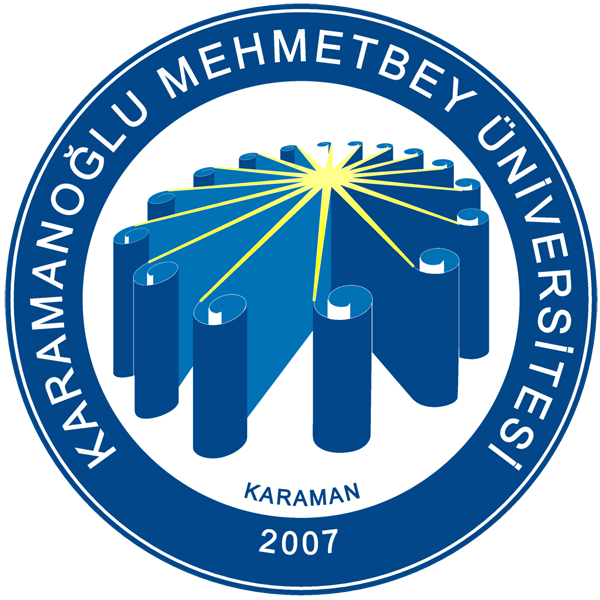EDEBİYAT FAKÜLTESİ
- ABOUT US
- ADMINISTRATION
- DEPARTMENTS
-
STAFF
- ADMINISTRATIVE STAFF
- TURKISH LANGUAGE AND LITERATURE DEPARTMENT STAFF
- HISTORY DEPARTMENT STAFF
- SOCIOLOGY DEPARTMENT STAFF
- PSYCHOLOGY DEPARTMENT STAFF
- TRANSLATION AND INTERPRETATION DEPARTMENT STAFF
- ENGLISH LANGUAGE AND LITERATURE DEPARTMENT STAFF
- PHILOSOPHY DEPARTMENT STAFF
- ARCHAEOLOGY DEPARTMENT STAFF
- STUDENT RESOURCES
- JOURNALS
- DOCUMENTS
- ACADEMIC QUALITY
- ALUMNI RESOURCES
- CONTACT
